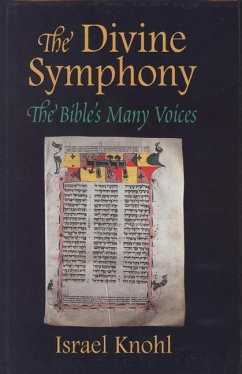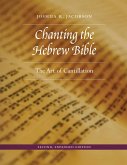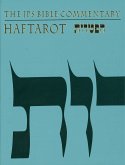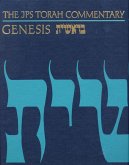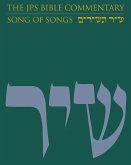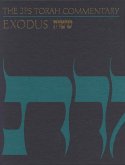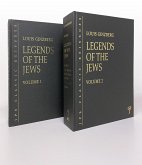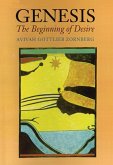In this fascinating book, Knohl shares his understanding of how the Torah was edited into its final form. He bridges the gap between ancient Israel (c. 1400-586 B.C.E.) and Second Temple times (c. 536 B.C.E.-70 C.E.) by showing the continuity between these eras and the gradual evolution of the biblical worldview, which formed the foundation of later Rabbinic Judaism. The book focuses on the editing of the Torah, interpreting the textual evidence, most notably contradictions and redundancies, to show that the idea of a pluralistic understanding of Revelation, which lies at the heart of Rabbinic Judaism, can be traced back to the editing of the Torah itself. Knohl's interpretation of biblical composition challenges a popular trend in contemporary biblical scholarship: the idea that ancient Israel never existed as a historical reality but was invented and "retrojected" back in time by later Israelite priests as part of their national myth. This interpretation was initially put forward by Wellhausen, the German Christian Bible scholar, whose views laid the groundwork for later anti-Semitic attacks on Judaism. Knohl brings to his book an impressive background in Dead Sea Scrolls scholarship, research in messianism, and a thorough grounding in Rabbinics--a breadth of expertise rare among academics. His innovative writing expands on the notion that the Torah expresses a pluralistic view of God; that there is continuity between ancient Jewish texts and Rabbinic Judaism; and that the Dead Sea Scrolls reveal much about biblical theology, including attitudes toward messiahs and divine providence.
Hinweis: Dieser Artikel kann nur an eine deutsche Lieferadresse ausgeliefert werden.
Hinweis: Dieser Artikel kann nur an eine deutsche Lieferadresse ausgeliefert werden.

